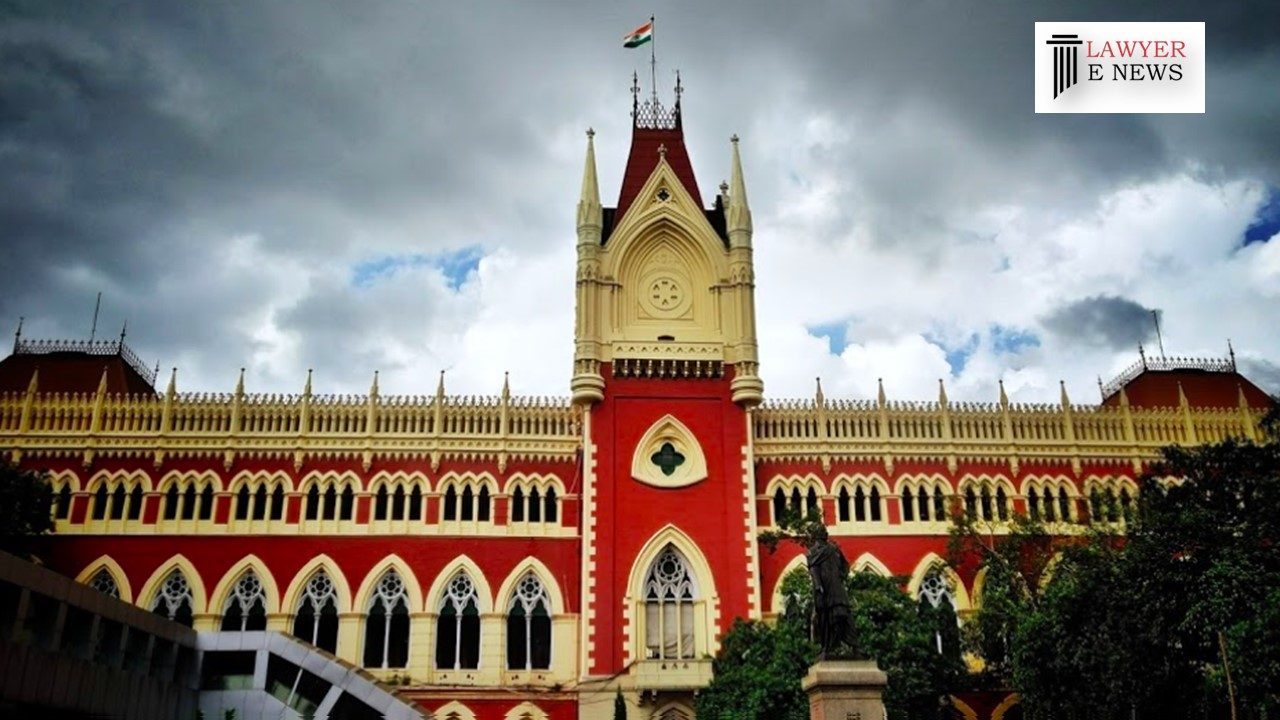-
by sayum
14 February 2026 2:22 PM



High Court underscores the principle that criminal proceedings cannot continue if departmental adjudication exonerates the accused on merits.
The Calcutta High Court, under the judgment delivered by Justice Tirthankar Ghosh on June 28, 2024, quashed the criminal proceedings against ITC Limited pertaining to alleged violations of the Foreign Exchange Regulation Act, 1973 (FERA). The court underscored the significance of the company’s exoneration in departmental adjudication, which demonstrated that the allegations were unsustainable.
The case against ITC Limited involved allegations of unauthorized foreign exchange transactions, specifically regarding the company’s export dealings and remittances to foreign entities. The Enforcement Directorate accused ITC Limited of failing to repatriate funds to India and alleged that the company remitted funds generated through counter trade agreements to its subsidiaries in Singapore and the EST Group of Chitalias in the USA, violating several provisions of FERA.
The crux of the court’s decision revolved around whether the exoneration of ITC Limited in departmental adjudication proceedings could influence the criminal proceedings. Justice Ghosh extensively referenced Supreme Court precedents, highlighting that if adjudication on merits exonerates an accused, criminal proceedings based on the same facts and allegations should not continue.
The court analyzed the statements from ITC executives, finding inconsistencies and generalizations in the allegations. The adjudicating authority had previously dismissed these statements as vague and unsupported by concrete evidence. Justice Ghosh observed that the statements of key executives, including Mr. G.K.P. Reddy and Dr. E. Ravindranath, did not substantiate the charges against ITC Limited.
Justice Ghosh emphasized, “Considering all the above facts, it is clear that the allegations made against M/s. ITC Ltd., the Noticee company and other 18 Noticees in Memorandum No. T-4/18-C/07(SCN-XV) dated 02.01.1998 that they have violated the provisions of Sections 8(1), 9(1)(a), 16(1)(b) of Foreign Exchange Regulation Act, 1973 are not proved.”
The judgment relied on the principles outlined in Radheshyam Kejriwal v. State of West Bengal & Anr., where it was held that if exoneration in adjudication proceedings is on merits and shows allegations are not sustainable, criminal prosecution should not continue. Justice Ghosh reiterated, “In case of exoneration, however, on merits where the allegation is found to be not sustainable at all and the person held innocent, criminal prosecution on the same set of facts and circumstances cannot be allowed to continue.”
The High Court’s judgment to quash the criminal proceedings against ITC Limited reaffirms the legal principle that criminal prosecution should cease when departmental adjudication exonerates the accused on merits. This decision reinforces the need for higher standards of proof in criminal cases and underscores the judiciary’s role in preventing the abuse of legal processes.
Date of Decision: June 28, 2024
ITC Limited vs. Sri S.K. Mukherjee
